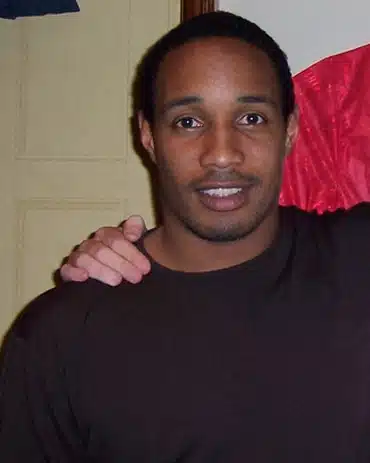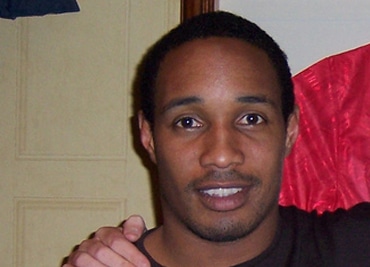

Paul Ince is a former English footballer and current manager. The midfielder won a large number of titles with Manchester United, was the first black captain of an England national football team and, in addition to seven club stints in England, he also spent two years in Italy for Inter Milan.
As manager of Blackburn Rovers, Ince was the first black Briton to head the Premier League. Ince’s son Thomas Ince is now also a professional soccer player.
During his stay in Italy, as with other black players in the Serie A, he had to put up with inflatable bananas in the grandstands of some away stadiums. It was a heinous fashion that made him rethink going back to England.
In April 1996, after scoring the first goal in an Cremonese 2 v Inter 4, the home hooligans shouted at him “fucking nigger” and this how Ince responded: “So I turned towards them and clapped, as if to say, ‘Yeah, well done’. That’s when the referee booked me.”
Paul Ince has denounced institutional racism and has asserted that the colour of his skin is the reason that he had less chances than white folks in England. He is not the only person to have criticised the absence of black managers and presidents in the big English clubs. Ince believes black people have a rougher passage.
“For me it was the pinnacle of my career when Graham Taylor made me captain, but I can remember feeling uncomfortable with the questions. I just wanted to be the England captain, I didn’t want to be remembered as the first black England captain because I didn’t see it that way.”
The inventors of football were also pioneering in breaking a racial barrier when, for the first time, a black player wore the armband of their national team. Thus, the English footballer became a role model for the victims of discrimination, with the certainty that others had earned enough merit for that symbolic moment to have happened much earlier: Arthur Wharton, Jack Leslie, Dixie Dean, etc.
At the beginning he neither felt identified with nor did he want to be a flagship of any cause, but he later comprehended the social relevance of the moment: “Then, after the game, I began to look at it in a different way because I had a lot of parents from the ghetto sending me letters telling me it had inspired their children to get jobs or to start playing football. I don’t know whether they were black, white or Asian or whatnot, but it didn’t matter.
“I don’t want to say it’s all about black people. You aspire to be a great manager, regardless of colour. But when you look at the number of dark-skinned players who have worked with top managers but go out of the game, I think it’s sad. Maybe I´m the one now to take it on and be that first Premier League manager“